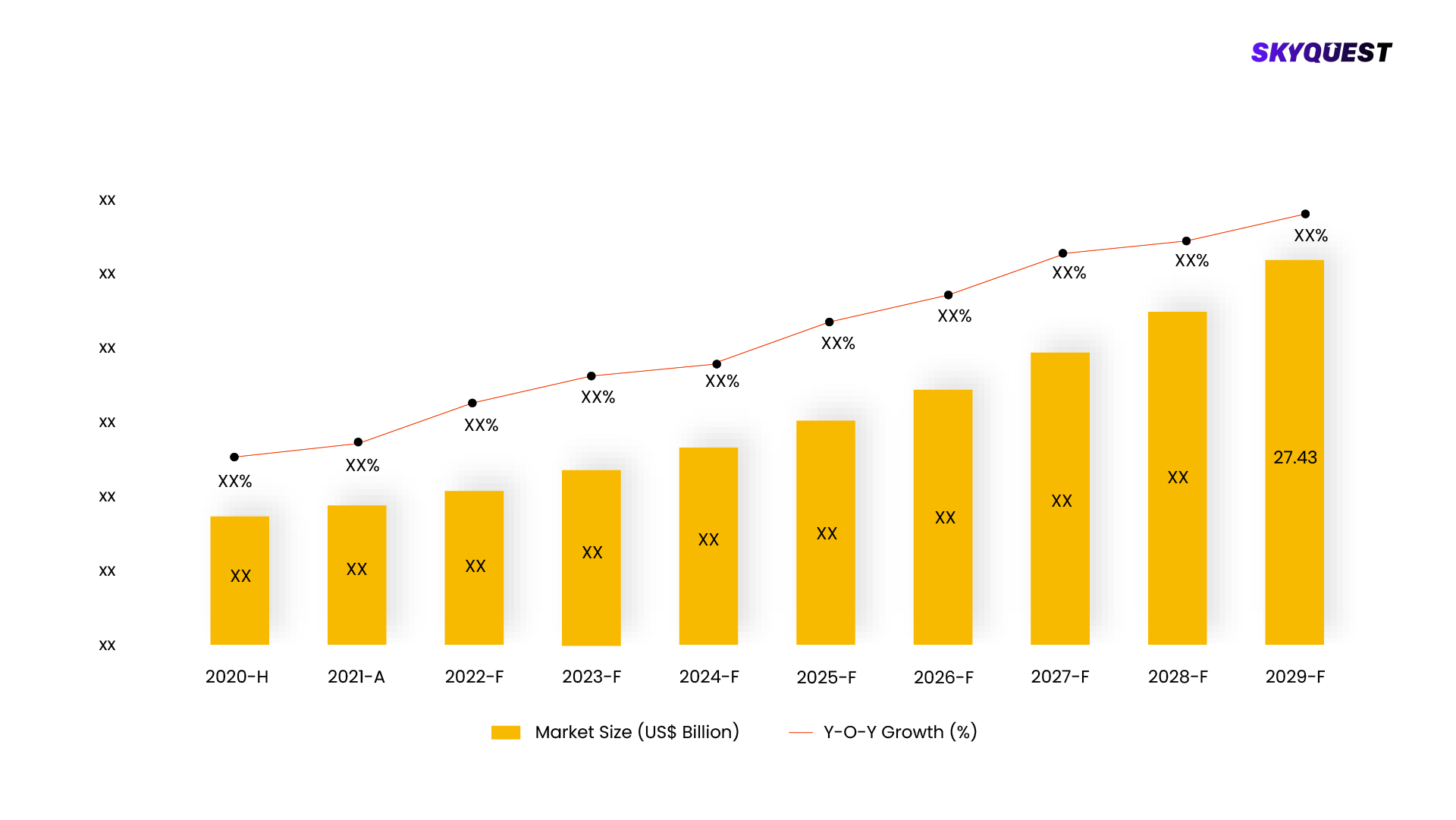
Product ID: UCMIG25C2032

Report ID:
UCMIG25C2032 |
Region:
Global |
Published Date: Upcoming |
Pages:
165
| Tables: 55 | Figures: 60
The global automotive intelligence park assist system market had a size of USD 8.6 billion in 2020 and is expected to increase from USD 10.1 billion in 2021 to USD 20.7 billion in 2028, growing at a CAGR of 10.7% during 2021-2028. The outbreak of COVID-19 has had an unprecedented and staggering impact on this market, resulting in a negative demand shock across all regions. According to our analysis, the market experienced a decline of -3.87% in 2020 compared to the average year-on-year growth during 2017-2019. However, the expected increase in CAGR is due to the demand and growth of this market, which is expected to return to pre-pandemic levels once the pandemic is over.

This report is being written to illustrate the market opportunity by region and by segments, indicating opportunity areas for the vendors to tap upon. To estimate the opportunity, it was very important to understand the current market scenario and the way it will grow in future.
Production and consumption patterns are being carefully compared to forecast the market. Other factors considered to forecast the market are the growth of the adjacent market, revenue growth of the key market vendors, scenario-based analysis, and market segment growth.
The market size was determined by estimating the market through a top-down and bottom-up approach, which was further validated with industry interviews. Considering the nature of the market we derived the Automobile Manufacturers by segment aggregation, the contribution of the Automobile Manufacturers in Automobiles & Components and vendor share.
To determine the growth of the market factors such as drivers, trends, restraints, and opportunities were identified, and the impact of these factors was analyzed to determine the market growth. To understand the market growth in detail, we have analyzed the year-on-year growth of the market. Also, historic growth rates were compared to determine growth patterns.
Our industry expert will work with you to provide you with customized data in a short amount of time.
REQUEST FREE CUSTOMIZATIONWant to customize this report? This report can be personalized according to your needs. Our analysts and industry experts will work directly with you to understand your requirements and provide you with customized data in a short amount of time. We offer $1000 worth of FREE customization at the time of purchase.

Product ID: UCMIG25C2032